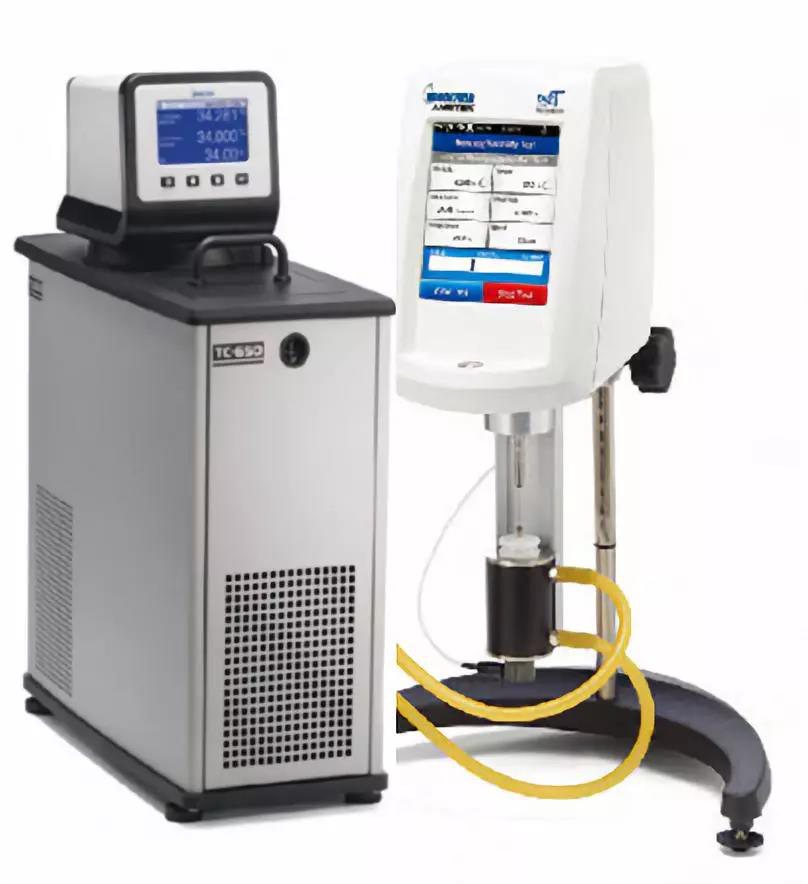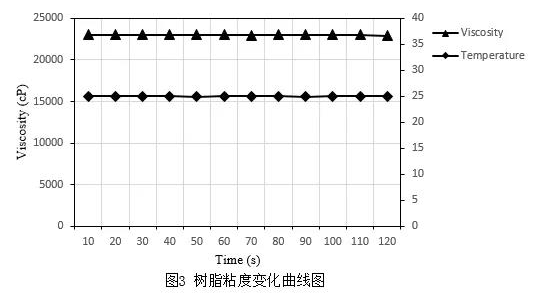0 1 Introduction to Waterborne Acrylate Resin
The rapid development of the automotive industry since the 20th century has pushed automotive coatings to a new level in quality, output and variety. Along with people's understanding of environmental issues, a series of strict environmental regulations and industry regulations have been formulated. In the coatings sector, in order to reduce emissions of volatile organic compounds, environmentally friendly coatings include waterborne coatings, and high solids coatings and powder coatings are gradually replacing solventborne coatings. Among environmentally friendly coatings, water-based coatings are the most important of the three types of environmentally friendly coatings because of their low pollution, low cost, and convenient construction due to the use of water as a solvent or dispersion medium.
Waterborne automotive coatings are prepared by mixing aqueous resin matrix, curing agent and other additives and deionized water in a certain proportion. Acrylate resin is a high molecular polymer obtained by homopolymerization or copolymerization of acrylates and their vinyl-based unsaturated monomers. Its main chain structure is stable and does not contain groups susceptible to oxidation and hydrolysis. The prepared coating film has the characteristics of light color, gloss retention, color retention, brightness, weather resistance and corrosion resistance, and is therefore particularly suitable for preparing automotive coatings.
02 Significance of viscosity measurement and control
As the most important component of waterborne automotive coatings, the viscosity of waterborne acrylate resins has a great influence on the storage stability, construction performance and film forming properties of coatings, and is an important technical index to measure the quality and performance of coatings. The viscosity is too high, which is not conducive to the spraying construction of the coating, affecting the performance of the cured film of the coating, resulting in poor leveling of the coating film, and the coating film is easy to form orange peel; if the viscosity is small, on the other hand, it is made in the process of dilution with water. Less water can dilute the resin coating to the construction viscosity. On the other hand, the decrease of the viscosity of the resin is favorable for the uniform dispersion of the resin in water, and the dispersion size is small, thereby facilitating the contact reaction between the curing agent and the resin aggregate, and the performance of the paint film is more it is good. The suitable viscosity helps to improve the stability of the coating film, improve the leveling and construction properties of the coating film, and obtain a good appearance of the paint film.
Numerous studies have shown that increasing the amount of acrylic monomer in the development and production of aqueous acrylate resin will increase the water solubility and viscosity of the acrylic resin; increase the amount of monomers containing aromatic ester groups, initiators and chain transfer agents. Increasing the polymerization temperature lowers the viscosity of the resin. In addition, the use of cosolvents in automotive coatings can effectively improve the water solubility of the resin, adjust the viscosity of the coating, thereby improving the performance and film forming properties of automotive coatings.
03 Waterborne acrylate resin viscosity measurement
This article uses the DV2T standard viscometer with a small sample adapter SSA (shown in Figure 1) to measure the viscosity of an aqueous acrylate resin, designed to help users establish a viscosity test method for product quality control during the production and preparation process of the product. .

Figure 1 SSA+TC series water bath circulation system
The TC-650 AP water bath cycle system is used to control the sample temperature (test temperature is 25 ° C), use Rheocalc T software to connect to the host, program editing and data acquisition, draw viscosity curve. A certain amount of the prepared aqueous acrylate resin was weighed into the sample cup of the SSA, the rotor was slowly immersed into the sample, and then connected to the viscometer main unit and the TC-650 AP water bath circulation system. Edit the corresponding test program on the RheocalcT software and start measuring after the sample temperature has stabilized. Select "MultiPoint" mode for data acquisition, the test time is 120s, the data acquisition interval is 10s, a total of 12 data points are collected, and the viscosity change data and temperature control stability during the test are observed.

Data is collected using the “Multi Point†function, and the “Test Averaging†function calculates the viscosity average and observes and analyzes instrument stability and data fluctuations during the test. According to Fig. 2, the average value of the viscosity of the aqueous acrylic resin measured at 5 RPM was 23018 cP; during the test, the data fluctuation was very small, and the relative standard deviation was only 0.04%. The Brookfield Digital Viscometer's unique continuous sensor ensures real-time and accurate test data output. In addition, the temperature was very stable during the test and was always maintained at 25 ± 0.01 °C.
The sample volume required for the SSA test is only 2-16mL (the specific sample size is related to the rotor type used), which can effectively save the test cost and improve the test efficiency. The SSA can be calculated using the coaxial cylindrical rotor and the matching sample cup. Shear rate and shear stress give absolute viscosity; TC series circulating water bath system can control temperature up to 0.01 °C, providing accurate and stable temperature conditions for viscosity testing.
04 Application Overview
As one of the world's best known viscometer/rheometer manufacturers, AMETEK Brookfield is committed to providing customers with consistent quality, high measurement accuracy and good repeatability. The Brookfield Viscometer measures up to ±1% of the full-scale measurement range with repeatability of ±0.2%. For individual viscosity testing needs, we offer a personalized solution that perfectly fits the analytical needs of users in a variety of industries.
The RST rheometer offers comprehensive rheology testing for perfect rheology analysis in both quality control and R&D. The RST series rheometer has two modes of controlling shear rate and shear stress, and is especially suitable for measuring the viscosity and rheological curve of non-Newtonian fluid under steady flow. In addition, it can measure rheological properties such as viscoelasticity, yield stress and thixotropic properties in unsteady shear flow and creep conditions.
Mints Or Compressed Mints Or Drop
Mints Or Compressed Mints Or Drop,Compressed Mints,Functional Power Gum,Functional Slimming Mints
Soar Biotech Co.,Ltd , https://www.xylitgum.com